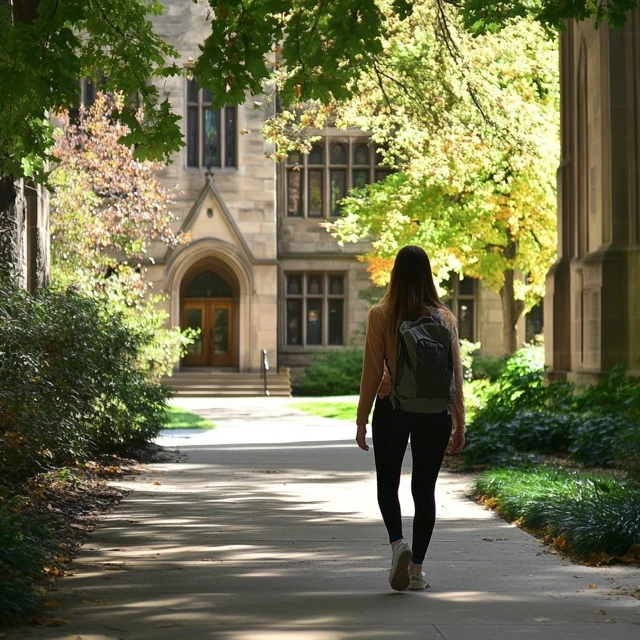
Italian Colleges & Universities
Italy is home to a wide array of colleges and universities, some of which date back centuries. From large public institutions to smaller specialized academies.
Read MoreLearn about public, private, and technical institutions across Mexico
Mexico's higher education system is vast and diverse, featuring public universities, private institutions, and specialized colleges. Students can enroll in programs ranging from engineering and medicine to art and social sciences. While some institutions are internationally renowned for research, others focus on vocational training and community engagement.
In recent years, the Mexican government and various private organizations have invested heavily in expanding educational opportunities, making higher education more accessible throughout the country. This guide will introduce you to the main types of institutions, highlight some examples, discuss the admissions process, and offer tips to help you navigate your academic journey in Mexico.
Prospective students in Mexico have several choices:
Mexico hosts numerous reputable institutions. Here are a few well-known examples:
| Institution | Type | Key Focus Areas | Location |
|---|---|---|---|
| UNAM (Universidad Nacional Autónoma de México) | Public University | Engineering, Humanities, Medicine, Law | Mexico City |
| UANL (Universidad Autónoma de Nuevo León) | Public University | Business, Health Sciences, Engineering | Monterrey, Nuevo León |
| Tecnológico de Monterrey (ITESM) | Private University | Technology, Management, Entrepreneurship | Multiple Campuses Nationwide |
| CECYTEBC (College of Scientific and Technological Studies) | Polytechnic | Engineering, Sciences, Technical Fields | Multiple Campuses, Baja California |
Each institution has unique features, admission criteria, and programs. Interested students should review official websites and visit campuses (if possible) to find the right fit.
Specific admission requirements vary, but most Mexican colleges and universities generally ask for:
Some institutions have multiple intakes per year, while others follow a more traditional academic calendar. Make sure to check deadline dates well in advance.

In addition to universities, vocational institutions like CECyTE (Colegio de Estudios Científicos y Tecnológicos) and CONALEP (Colegio Nacional de Educación Profesional Técnica) offer short-term certificates and technical programs. These focus on:
Vocational colleges can be ideal for those who prefer a hands-on approach or want a faster route to employment.
Absolutely. Many institutions accept international applicants. Proof of academic equivalencies and Spanish proficiency (where applicable) may be required.
International students usually need a student visa or temporary resident permit. Consult the Mexican consulate or embassy in your country for specifics.
The EXANI-II is a standardized test widely used by public universities. Scoring requirements vary; some private institutions use different tests or internal assessments.
Whether you aim for a prestigious public university or a practical, career-oriented program, Mexico's educational system has numerous pathways. From the sprawling campuses in urban centers to smaller state-run and vocational colleges, each institution offers distinct experiences.
By exploring various options, preparing for entrance exams, and researching financial aid, you can find the perfect fit for your academic goals. Take advantage of campus visits, online forums, and official websites to make an informed choice.